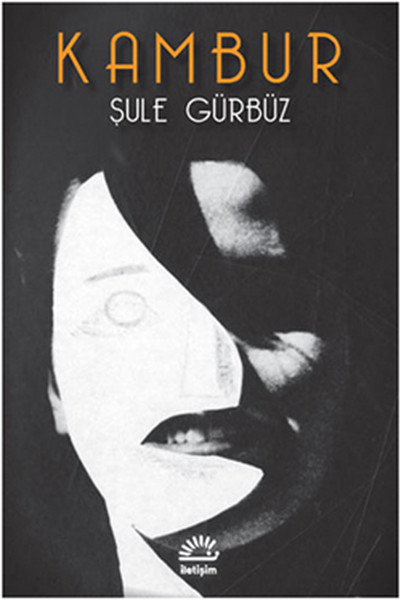
Günün en güzel saatleri akşam altı-yedidir diyordum; sanıyorum bu da doğru değil. Sonbaharı da (sahip olamadığım tek mevsimimi; yani, yaşamımı) yine elimden kaçırdım. Gerilerden konuşuyorum, sık sık (getirdiğim bir şey olmamasına rağmen). Bazen de öne geçmeyi deniyorum, ve nereye baksam, yaşamım değil gördüğüm. Bunu doğruluyor bir başka yüzüm. Kendimi ve sesimi suya düşürdüğüm yeri ve zamanı bile hatırlamıyorum. Bir yankı olarak kalıyorum suyun üstündeki aksimle - bir gün silivermeyi düşlediğim... Yaşamım bir can çekişme süresi-ni bilmediğim. Ve hiçbir şeye şaşmıyorum - her şey bildik diyordum ya; bu da doğru değil. Ben dünyaya olup biteni hayretle izlemeye ve şaşırmaya gelmişim - durmadan şaşırmaya... Ama ne söylersem söyleyeyim, ne çalarsam çalayım, bu kamburu yüklendiğim için oyunbozan oluyorum. Yine söylemek istediğim bunlar değil - Ve tüm ağrılar gibi bu da iğrenç.
Author

She's not a hermit, though in other times she could have been. Her job is not in keeping with the times: she repairs the clocks in the Ottoman palaces. Şule Gürbüz is the only woman in the world to be an expert in mechanical clocks and author of two collections of stories which are small jewels of contemporary Turkish literature: Zamanin Farkinda (Aware of time, 2011) and Coskuyla Olmek (Die enthusiastically, 2012) Aged only eighteen she wrote her first novel, Kambur (The Hunchback, 1992), published at the first attempt by the well-known Iletişim, likewise publishers of her last two works. But, apart from an interval marked by a collection of poetry and a theatrical text, for almost twenty years Şule Gürbüz has remained outside the Turkish literary scene. She studied History of Art in Istanbul and Philosophy in England. On her return she became apprenticed to Recep Gürgen, the last master clock maker in the Imperial Palaces, to then become in her turn a master. Over the years the two of them were able to set working more than 300 clocks, both Turkish and foreign, belonging to the period between the XVI and XIX centuries. For the most part these clocks were recovered from a state of abandon and then put on show in museums which are today housed in the Topkapi and Dolmabahçe Palaces. This path has played a determining role in Gürbüz's writing which reflects on human existence and the sense of life using expressive and ironic language, taking up and giving voice to various themes in the Turkish-Muslim culture.